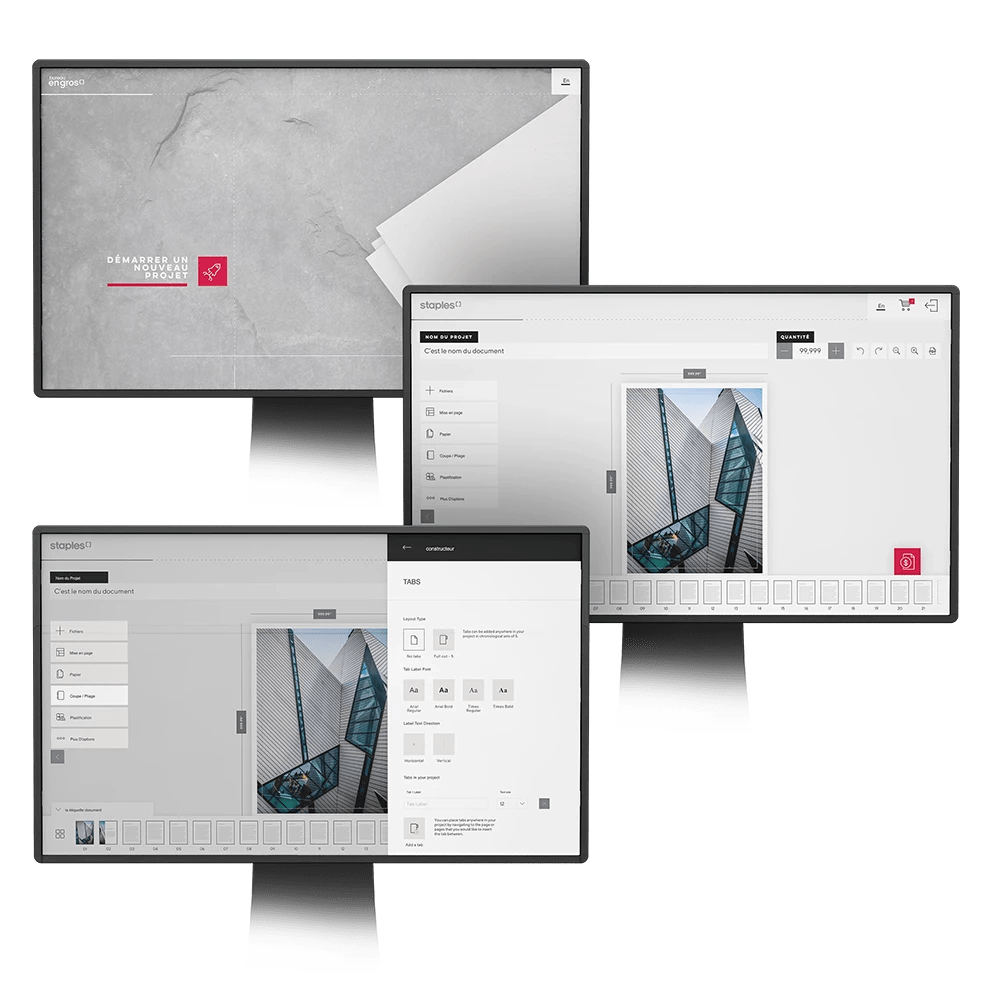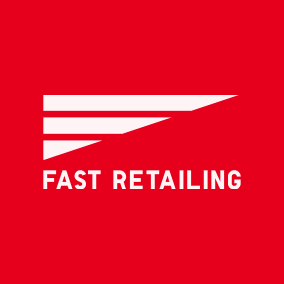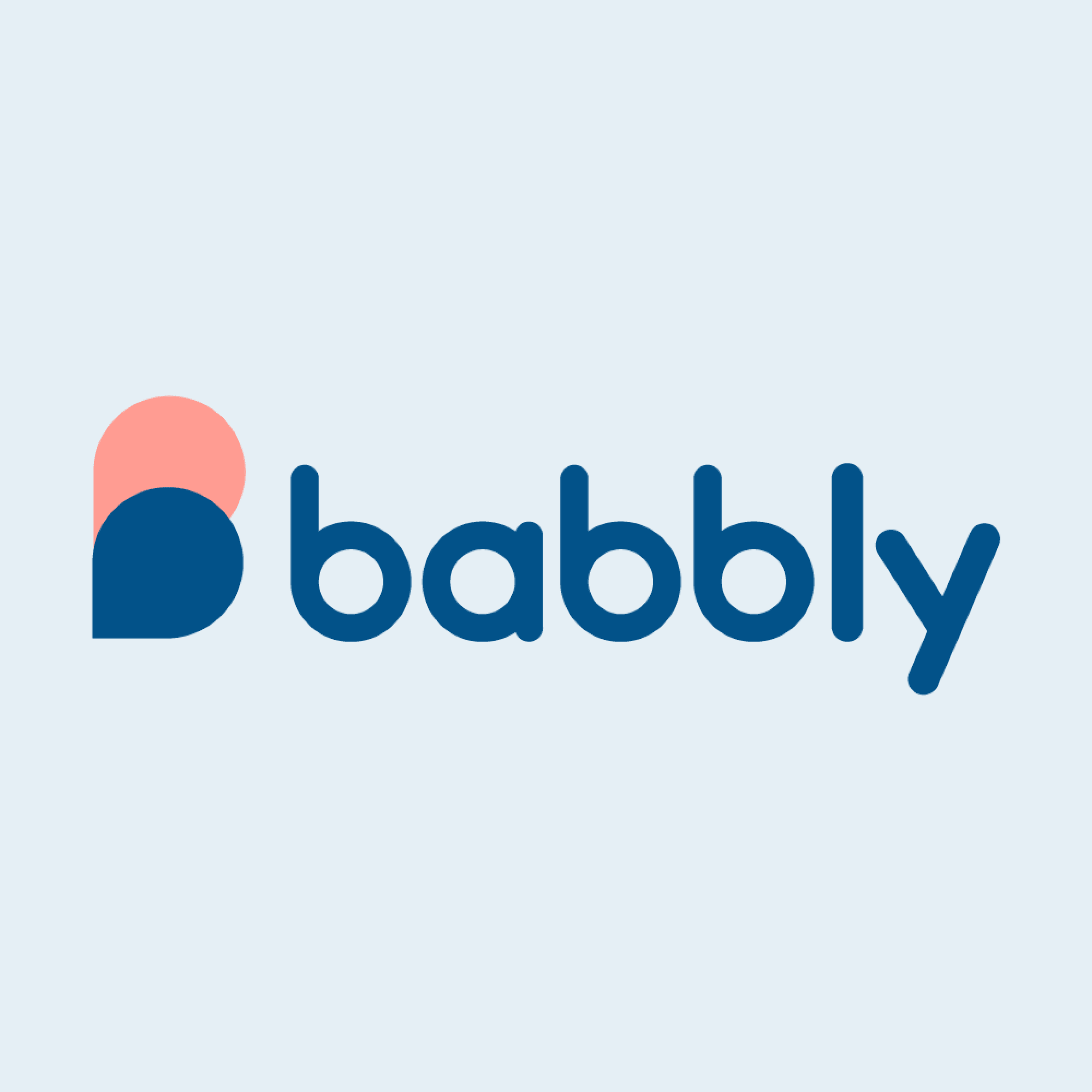
Making the dojo work
Dojos have a three-stage life cycle: the intake assesses team suitability and focus areas; the consult aligns teams with outcomes, commitments, and learning objectives; the charter sets deliverables and methods for the following six weeks.
How we can help
We'll work with you to establish intake, consult, and charter processes that are tailored to your specific needs, and that ensure everyone is aligned and focused on delivering measurable results.



Intake
Consult
Charter
The intake is a brief meeting between pods and coaches to determine if the dojo fits their needs and to identify potential areas of focus. The intake process helps to ensure that the dojo is aligned with the business goals and strategy, and that it is focused on delivering measurable results.
During consultation, coaches meet with pods to share credentials, success examples, and align on broad outcomes and commitment required. They explore technical, product or design practices and tailor the dojo to business needs, delivering maximum value to participants.
The charter session sets the team's deliverables, learning goals, work methods for the next six weeks, including dependency management (access to environments, repos, tools, etc.). It defines roles, responsibilities, and progress measurement plans, ensuring alignment and focus on delivering measurable results in the dojo program.

Intake
The intake is a brief meeting between pods and coaches to determine if the dojo fits their needs and to identify potential areas of focus. The intake process helps to ensure that the dojo is aligned with the business goals and strategy, and that it is focused on delivering measurable results.

Consult
During consultation, coaches meet with pods to share credentials, success examples, and align on broad outcomes and commitment required. They explore technical, product or design practices and tailor the dojo to business needs, delivering maximum value to participants.

Charter
The charter session sets the team's deliverables, learning goals, work methods for the next six weeks, including dependency management (access to environments, repos, tools, etc.). It defines roles, responsibilities, and progress measurement plans, ensuring alignment and focus on delivering measurable results in the dojo program.
Companies we've helped
Digital Transformation


TechCo
How we helped a leading office supply retailer build their digital roadmap in 8 weeks
In a digital-first era, TechCo had to transform itself from a big-box traditional retailer into a modern organization in order to meet emerging customer needs.
Design System & Service Design


Staples
6x faster load times on Staples solution builder app
Staples wanted to rebrand and re-focus with updated in-store kiosk systems to provide better experiences for both customers and employees.
Design Systems


Fast Retailing (UNIQLO)
Transforming one of the world's largest retail companies into a digital-first organization
To become the #1 retail apparel group in the world, they needed to design consistency, efficiency, and governance to internal and external teams across all markets.
Featured Posts

For many enterprises undergoing a digital transformation, the reasons are usually centered around the customer or end-user — improving their online shopping experience, the ease of interfacing with their company online, or giving them a best-in-class, personalized app experience.

“We need to be more Agile”, “We need more digital innovation to survive”, “We need to deliver more engaging and satisfying experiences to our customers”, “We need a digital strategy to make an impact in the market”...

When planning for a digital transformation, many executives focus on an “end state”, or an idealized picture of when the transformation is done, and all changes are complete. But transformations are an evolutionary process, and getting to the “end” isn’t possible—the rate of change in technology, fluctuating market demand and changing consumers preferences are the only constants.

Working with Rangle helped us avoid a lot of the early mistakes we could have made and put us on a fast track towards launching our product.”
Maryam Nabavi, CEO and Founder of Babbly






